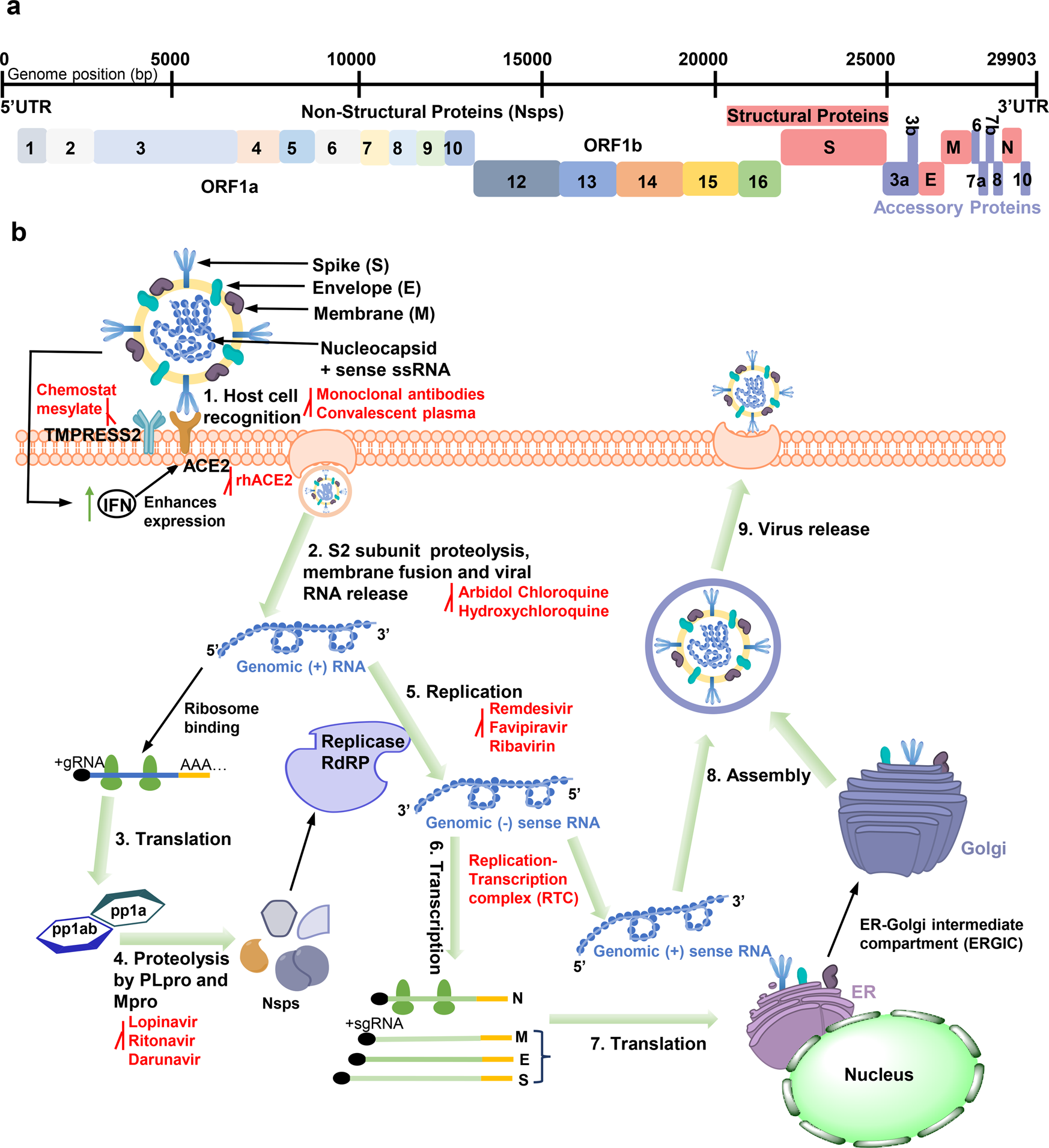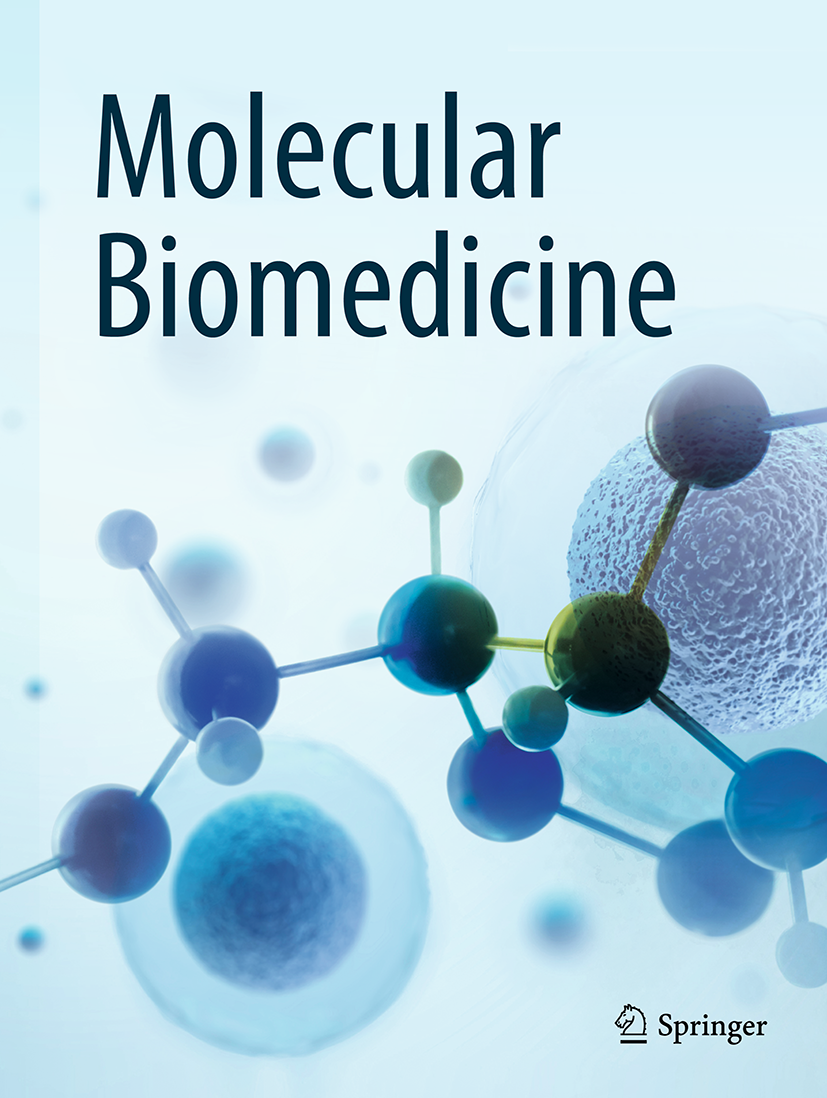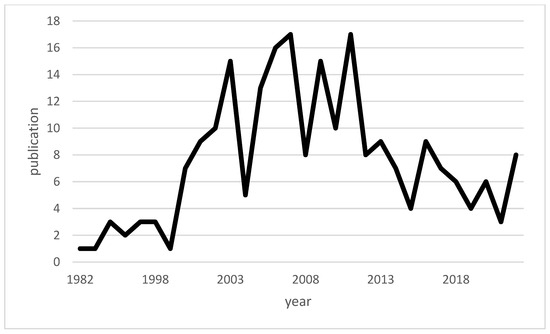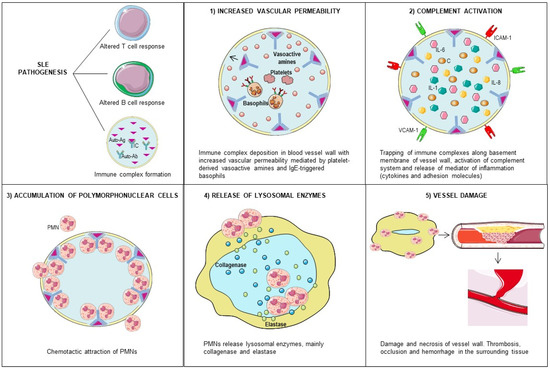Biomedicines, Free Full-Text
Por um escritor misterioso
Descrição
The composition, viability and metabolic functionality of intestinal microbiota play an important role in human health and disease. Studies on intestinal microbiota are often based on fecal samples, because these can be sampled in a non-invasive way, although procedures for sampling, processing and storage vary. This review presents factors to consider when developing an automated protocol for sampling, processing and storing fecal samples: donor inclusion criteria, urine–feces separation in smart toilets, homogenization, aliquoting, usage or type of buffer to dissolve and store fecal material, temperature and time for processing and storage and quality control. The lack of standardization and low-throughput of state-of-the-art fecal collection procedures promote a more automated protocol. Based on this review, an automated protocol is proposed. Fecal samples should be collected and immediately processed under anaerobic conditions at either room temperature (RT) for a maximum of 4 h or at 4 °C for no more than 24 h. Upon homogenization, preferably in the absence of added solvent to allow addition of a buffer of choice at a later stage, aliquots obtained should be stored at either −20 °C for up to a few months or −80 °C for a longer period—up to 2 years. Protocols for quality control should characterize microbial composition and viability as well as metabolic functionality.

RNA interference - Wikipedia

NMR in Biomedicine - Wiley Online Library

Biomedicines, Free Full-Text

Structural biology of SARS-CoV-2: open the door for novel therapies

Molecular Biomedicine
Biomedicines

Biodistribution of mRNA COVID-19 vaccines in human breast milk - eBioMedicine

Biomedicines An Open Access Journal from MDPI

Glycocalyx Research and Studies using GlycoCheck Technology

Biomedicines, Free Full-Text
de
por adulto (o preço varia de acordo com o tamanho do grupo)







